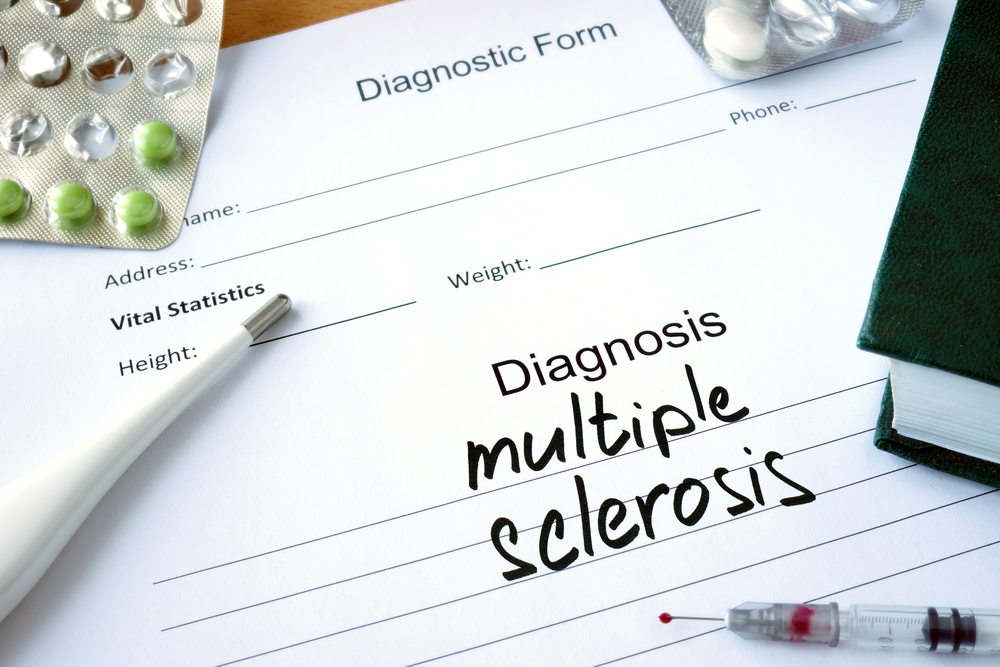Multiple sclerosis is a relatively common neurological problems that affects the gait. It is a progressive disease of the myelin around the nerve sheaths.
Multiple sclerosis (MS) is a chronic neurological disease that affects the central nervous system (CNS), which includes the brain and spinal cord. It is an autoimmune condition, meaning the immune system mistakenly attacks the protective covering of nerve fibers called myelin. This damage disrupts the normal flow of electrical impulses along the nerves, leading to a wide range of symptoms.
The exact cause of multiple sclerosis is not known, but it is believed to involve a combination of genetic and environmental factors. Factors such as certain viral infections, vitamin D deficiency, smoking, and geographic location have been associated with an increased risk of developing MS.
The symptoms of multiple sclerosis can vary widely among individuals and depend on the location and extent of nerve damage. Common symptoms include:
- Fatigue: Fatigue is a prevalent symptom in MS and can significantly impact daily functioning.
- Motor Symptoms: These may include muscle weakness, coordination difficulties, tremors, muscle stiffness, and problems with balance and walking.
- Sensory Symptoms: Numbness, tingling, or burning sensations may occur. Some individuals may experience loss of sensation or heightened sensitivity to touch, pain, or temperature.
- Visual Disturbances: Blurred vision, double vision (diplopia), eye pain, or involuntary eye movement (nystagmus) may occur.
- Cognitive Changes: MS can affect cognitive function, including memory problems, difficulty concentrating, and slowed information processing.
- Emotional and Psychological Symptoms: Depression, anxiety, mood swings, and changes in emotional well-being can be associated with MS.
- Bladder and Bowel Dysfunction: Problems with urinary urgency, frequency, incontinence, or constipation may arise.
- Sexual Dysfunction: MS can affect sexual function, resulting in reduced libido, erectile dysfunction, or decreased vaginal lubrication.
Diagnosing multiple sclerosis typically involves a combination of medical history, neurological examination, and various diagnostic tests, such as magnetic resonance imaging (MRI) to detect characteristic brain and spinal cord lesions, and analysis of cerebrospinal fluid.
While there is no cure for multiple sclerosis, various treatments can help manage symptoms, slow disease progression, and improve quality of life. Treatment approaches may include:
- Disease-Modifying Therapies: These medications can help reduce the frequency and severity of MS relapses, slow down disease progression, and manage inflammation in the CNS.
- Symptomatic Treatment: Medications and therapies can be used to address specific symptoms, such as muscle relaxants for spasticity, physical therapy for mobility issues, and medications for pain management.
- Rehabilitation: Physical therapy, occupational therapy, and speech therapy can help individuals with MS maintain or improve their function and independence.
- Supportive Care: Psychological counseling, support groups, and lifestyle modifications (e.g., exercise, stress management, a healthy diet) can assist with managing the emotional and physical challenges of living with MS.

